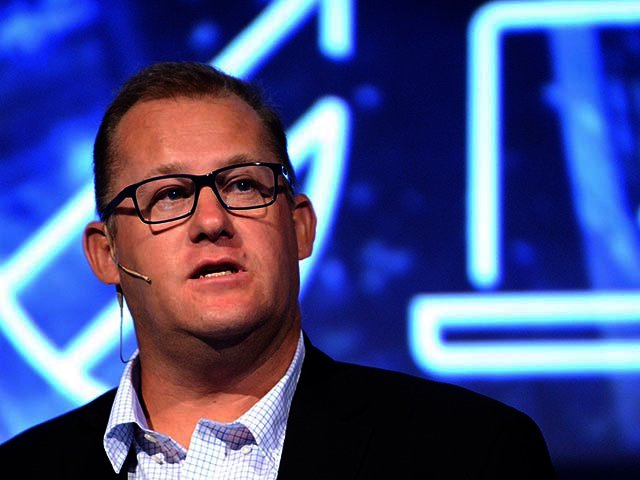The arrival of hyperscale cloud data centres in South Africa, the commercial maturing of new interactions such as Augmented Reality, and the rise of the intelligent edge paint a promising picture for 2018. But these are not just local events - globally this year holds a lot of promise. As highlighted in the Next Era of Human-Machine Partnership report from Dell Technologies and the Institute for the Future (IFTF), some profound new realities are just around the corner.
Mega clouds are a very notable prediction from this report. ‘Mega clouds’ are so-called because they will span multiple cloud vendors. Companies and individuals will start expecting to shift workloads, data and other assets between those vendors, avoiding lock-ins and ‘cloud silos’ that are emerging as the migration away from client-server concepts continue.
Good fortunes ahead
In South Africa this will be preempted by the arrival of Azure hyperscale datacentres, a clear reflection of the country’s growing demand for cloud’s efficiency and innovation delivery. But the impact will be felt beyond our borders, reaching out to the rest of the SADC region. Doug Woolley, GM of Dell EMC South Africa, is particularly excited about opportunities in sub-Saharan Africa:
“It’s one of our fastest growing regions. We will look at getting more potential investment for the SADC and Indian Island territories. We see a lot of upside, we see a lot of partners engaging with us and also a lot of customers having conversations. And we’ve had good, significant wins in the territory in the past six months. I am very happy with the rate and potential there.”
The Intelligence revolution
He continues that with this growth of cloud will come the distinct rise of the intelligent edge. This speaks of more decision-making capacity being shifted to devices located away from the core of cloud systems. The sensor on a security system or environmental monitor will not have to wait for feedback from the central hub in order to act, thus drastically reducing response times for all types of situations. Called the IQ of Things, this revolution is already evident in our cars - where sensors feed information to local systems inside the vehicles.
Such systems will start hosting certain levels of artificial intelligence, a force that continues to reshape the world. In 2018, Dell EMC predicts this trend expanding into ‘thinking tasks’ at businesses. Using data, AIs will help companies significantly reduce time spent scoping, debating, scenario planning and testing every new innovation.
AI for all?
Woolley asserts that AI will also play a growing role in recruiting the right people and skills, which the report refers to as ‘bias checking’. This is the use of AI to get around human shortcomings. Not dissimilar to ‘blind’ auditions where musicians perform behind a screen, AI will be utilised to help inform hiring and promotion decisions without the unseen prejudice of humans.
Numerous companies are already using such practices. But they are the outliers. In 2018, we will start regarding them as the pioneers. Those include companies that will be using Augmented and Virtual Reality for remote interviews of candidates and engagements with customers. As digital entertainment such as e-sports grow in popularity, that tech-savvy audience will also drive the adoption of AR and VR in 2018.
A broader vision
Dell Technologies chairman and CEO, Michael Dell, had sight of this future when he launched the most ambitious technology merger in history between Dell and EMC, a future he has often articulated as "nothing short of the beginning of a fourth industrial revolution, and the plot for us is being the essential infrastructure company."
Woolley points out that today Dell EMC is a true end-to-end provider, from the vital infrastructure in the back to the point devices that people use to realise their ambitions. Even in South Africa, the shift has been near seamless. Less than 5% of employees had left the merged companies, shares have grown in key market segments, and a new partner programme is making waves with unmatched returns for everyone involved. These are things Woolley recounts with pride:
“It is always a challenge to bring two cultures together, even if they share similar outlooks. Over the past year, at a local level, we’ve managed to integrate the sales and product teams very well. On a technical level there has also been a lot work to integrate the guys under one infrastructure and leadership. From that people perspective I am very happy.”
Final thoughts
Dell EMC believes 2018 will be a significant year in humanity’s progress and it is ready to be an active participant in that evolution.
“We are definitely riding that wave and having those conversations. Without sounding arrogant, I think we have positioned ourselves as the cloud infrastructure player. There is still, as an industry, work to do on how do we move effectively to the next level of cloud, and that is more around the application conversations. Dell EMC is very well positioned to have a meaningful conversation with customers on how do we cloudify their apps and get it on modern infrastructure,” concludes Woolley.





